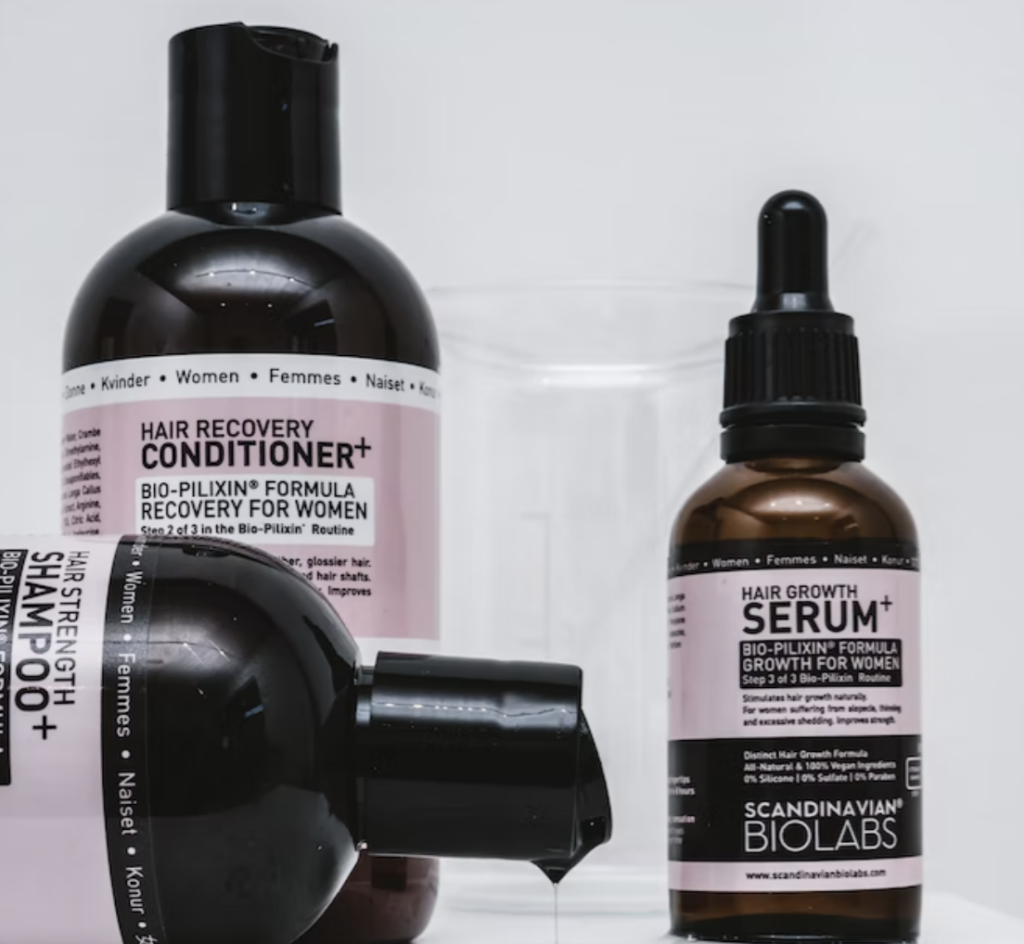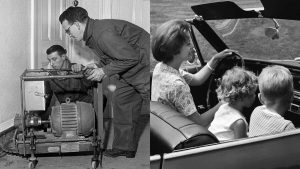New Research Shows Hair Products Can Cause Uterine Cancer In Women?
Research from an arm of the National Institute of Health conducted a study that revealed a possible correlation between hair straightening products and an increase in a woman's risk of developing uterine cancer in her lifetime.
This article is more than 2 years old
Researchers at the National Institute of Health (NIH) released a new study on Monday that may bring bad news to some women. They found that the frequent use of certain hair products causes an increased risk of uterine cancer. And unfortunately, their findings echo previous research into other forms of cancer.
The findings come from a project called the Sister Study. And that, in turn, is run by the National Institute of Environmental Health Sciences (NIEHS), an arm of the NIH. For over a decade, the Sister Study has collected data from sisters of women with breast cancer.
The hope is to identify risk factors for diseases such as cancer. To accomplish this, researchers gather lifestyle surveys and medical records of participants. And in the last 11 years, out of the 33,497 participants, 378 women got diagnosed with uterine cancer.
Based on news from the data collected, those who developed uterine cancer used a particular hair product. And that product is hair straighteners. However, NPR notes that study participants did not disclose the brand of hair products used.
According to one of the lead authors, Alexandra White, “we estimated that 1.64% of women who never used hair straighteners would go on to develop uterine cancer by the age of 70; but for frequent users, that risk goes up to 4.05%.” White is the head of the NIEHS Environment and Cancer Epidemiology group. And she wanted to caution everyone that, despite the findings, uterine cancer is still rare.
This recent study is not the first to link the use of hair products to the development of cancer in women. Previous studies made the news after showing strong evidence that chemical hair products increase the risk of horomone-based cancers, such as breast and ovarian cancer. In fact, the same research group had already directly tied straighteners and hair dye to these two types of cancer.
But, there are some differences in how hair products link to uterine cancer. According to the Sister Study researchers, “Other hair products, like hair dyes, highlights and perms, did not have the same link to uterine cancer.” So, while the findings offer great insight into the root cause of uterine cancer, they also leave a lot of questions.

If hair straighteners are the only product tied to uterine cancer, it may suggest a particular ingredient is the culprit. And that possibility is worth further investigation. Hair straightening products are popular with women in general.
One researcher, Che-Jung Chang, notes, “because black women use hair straightening or relaxer products more frequently and tend to initiate use at earlier ages than other races and ethnicities, these findings may be even more relevant for them.” That is particularly true in light of the fact that they are also at increased risk for uterine cancer. The National Cancer Institute data shows that black women develop this form of cancer at a higher rate.
With all the research positively linking hair products with cancer in women, some questions arise. When will there be enough research to prompt a change? And at what point will the U.S. finally ban certain chemicals?





